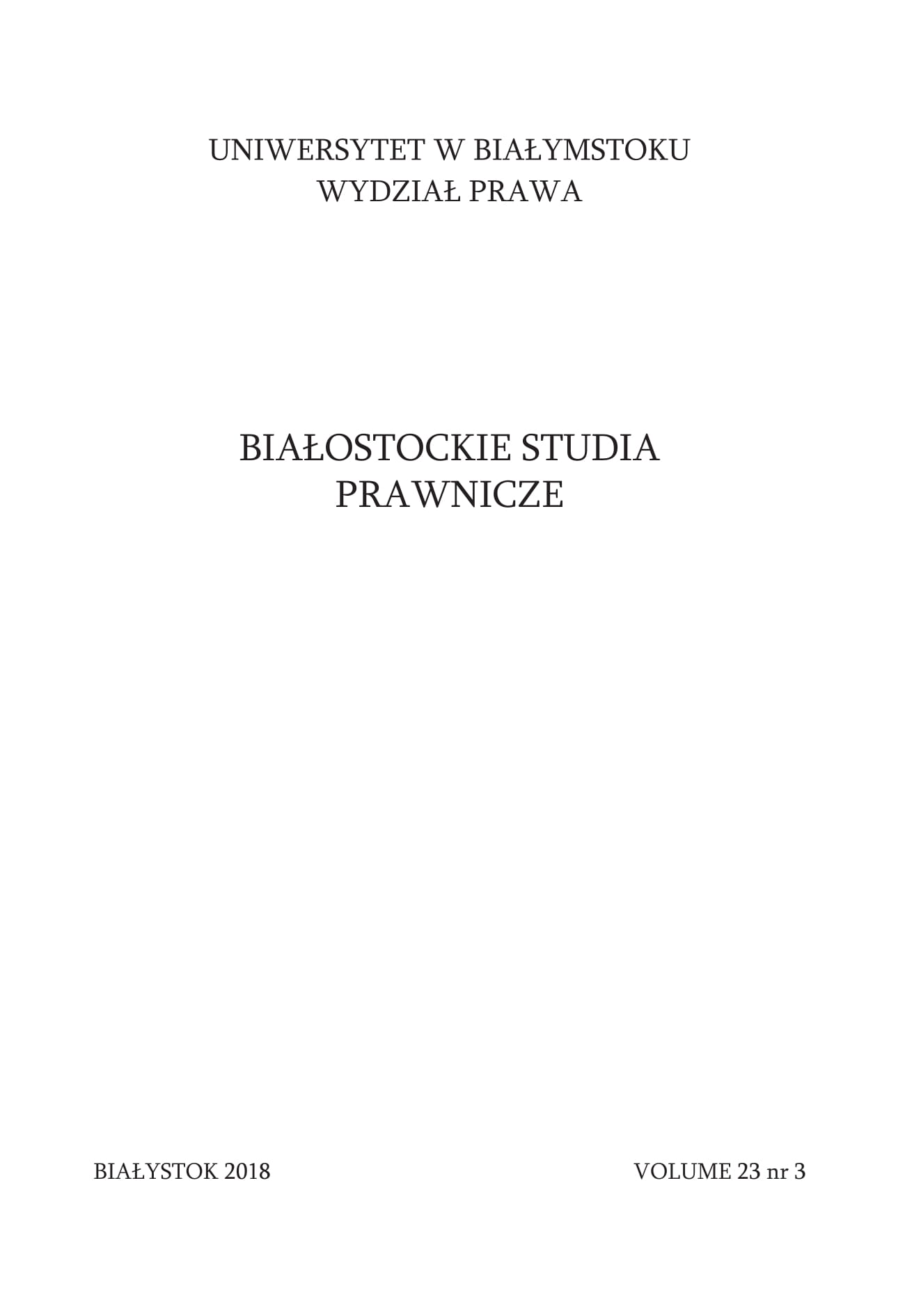A Socratic Contribution to Culture of Lawfulness for Teaching Criminology
A Socratic Contribution to Culture of Lawfulness for Teaching Criminology
Author(s): Sławomir Redo, Emil W. Pływaczewski, Agnieszka Langowska, Przemysław AlkowskiSubject(s): Education, Higher Education , Philosophy of Law, Sociology of Law
Published by: Temida 2
Keywords: Culture of Lawfulness; criminology; critical thinking; justice; Socratic method; United Nations; sustainable development
Summary/Abstract: This article presents and discusses the thesis that the Socratic method for teaching Criminology advances students’ capacity for self-reflection and enables progressive transformative criminal justice outcomes. In contemporary pedagogics the Socratic method is one of many interactive ways of acquiring legal knowledge. The method’s outstanding feature involves global and systemic understanding of human attitudes and values, including the most current and comprehensive 2030 United Nations Sustainable Development Goals Agenda “Transforming our world”, in essence a new global ethical code underway with a spearheading concept of a global Culture of Lawfulness. Against the background of the pros and cons of this method this article presents the objectives, essentials, and results of the Socratic method for teaching Criminology at the Faculty of Law of the University of Białystok (Białystok, Poland, 2016-2018). It assesses, discusses and draws conclusions from these results in the context central to criminology Sustainable Development Goal 16 of the Agenda: “Promote peaceful and inclusive societies for sustainable development, provide access to justice for all and build eff ective, accountable and inclusive institutions at all levels”.
Journal: Białostockie Studia Prawnicze
- Issue Year: 23/2018
- Issue No: 3
- Page Range: 97-111
- Page Count: 15
- Language: English

